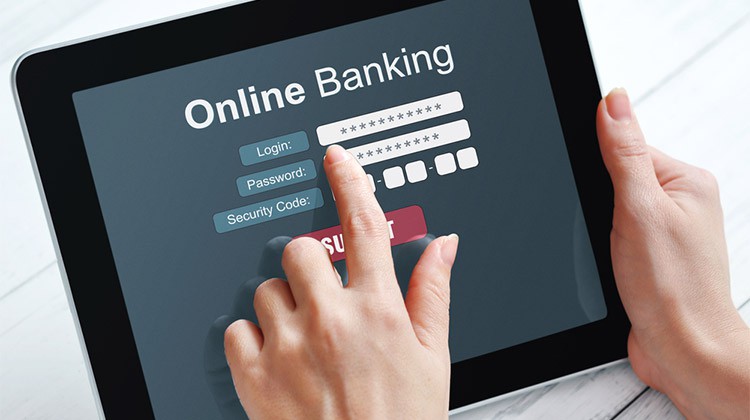5 Tips To Protect Yourself From Digital Banking Fraud

Cybercriminals will always pull out all the tricks in the book to try and cheat consumers out of their hard earned cash. “Cybercrime is becoming increasingly sophisticated with fraudsters constantly finding new ways of carrying out their unlawful conduct. Consumers should therefore be extra vigilant with their banking information and login details at all times,” says Yolande Steyn, Head of Innovation at FNB.

While the rapid growth of technology presents us with boundless opportunities, it also requires vigilance to prevent consumers and business being vulnerable to cybercrime. “As a responsible financial services provider, we have, therefore, taken upon ourselves the obligation to constantly educate and inform consumers about the many ways that fraudsters use the internet to try and rip them off,” adds Steyn.
She shares the following tips on how consumers can protect themselves against digital banking :
– Always keep your PIN and password secure. If you think your PIN or password has been compromised, change it immediately either on the FNB App, Online banking or at your nearest ATM or branch.
– Remember to change your passwords and PIN’s regularly.
– Never use the same username and password for banking as you use on other apps and websites like social media and email.
– Log on to your bank’s website by typing in the web address yourself instead of accessing it via Google search as this may lead you to a spoofed site.
– Always do internet banking on a secure computer that you regularly use at home or work. Never do Online Banking in public areas such as Internet Cafe’s or shared computers, as you can never know what software is loaded that may compromise your transactions.
– Download free Trend Antivirus and Antimalware for your computer and/or smartphone.
– Update your smartphone and computer with the latest software and app updates.
– Never open suspicious or unfamiliar e-mails or attachments, and never click on links in emails or SMS’s. Criminals make emails and SMS look legitimate and often bait you with scare tactics to confirm your account details or to login to prevent your account from being closed. They even incentive you to win something or get something for free in order to get access to your account.
– Criminals may sometimes call you and pretend to be from your bank, service provider or a reputable retailer. During this conversation they may ask you to verify personal and banking information. It will be safer for you to hang up and call the company directly to verify if the call is legitimate.
– Only make online purchases with your card on reputable websites that are verified as secure sites (look for the lock icon in your browser and ensure that the address starts with https://).
– Never save usernames, passwords or PINs on your cellphone or computer as it may allow others to access your banking without your permission.




